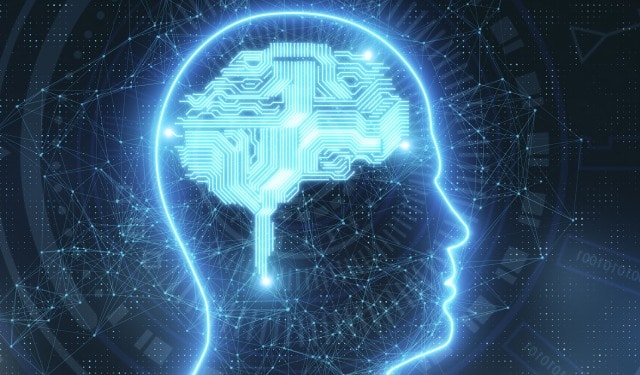What is dopamine? Dopamine is known as a pleasure molecule that is released in the nucleus accumbens area of the brain when we do pleasurable things — like eat food, have sex, or even take prescription opioids (drugs). When dopamine releases in the brain, we experience a strong sensation of pleasure and, of course, we will want to repeat that experience.
Drugs and Dopamine
Studies show that addictive drugs release high levels of dopamine in the nucleus accumbens. This is way more dopamine than we humans were ever meant to experience. This heightened pleasure sensation is the biggest reason why people use addictive drugs.
Dopamine Molecule
Today, more light is being shed on how complex our brains are and how different parts of the brain interact. Scientists are now naming dopamine as “the anticipation molecule” because it’s shown that dopamine is also released in large amounts when we anticipate a pleasurable experience.
Where is Dopamine Released?
We release dopamine in the nucleus accumbens and get a sensation of pleasure by thinking about having one of these experiences. Actually, just thinking about having a pleasurable experience is not quite enough to release a lot of dopamine.
What Gives the Biggest Dopamine Release?
Large amounts of dopamine are released when two things happen:
- We think about the pleasurable experience
- There is a realistic opportunity that we will be able to have the pleasurable experience or true anticipation.
UNDERSTANDING ACCELERATED OPIOID DETOX
How Is Dopamine Released in the Brain?
Let’s explain this with cookies.
You’re hungry and someone brings out a warm plate of homemade chocolate chip cookies. These cookies are one of your favorite comfort foods.
In this situation, your brain will start to release a small amount of dopamine. You’ll think, “maybe, I should have one cookie?!”
You start to process this situation and think about the different possibilities.
- 1. You could refuse the temptation and not have the cookie,
- 2. or, maybe you think that you could have just one.
Your thoughts about the cookies begin to become a little more like a desire. You analyze the pros and the cons.
Now, your thoughts are becoming more like a craving. Your mind starts to swing towards making the decision that one cookie wouldn’t be so bad. You start to rationalize with yourself, “what the heck - I deserve it,” or “why not? I can go to the gym later.”
As you allow these thoughts to build, you start to imagine what the cookie will taste like and how it will be delicious.
Your memories kick in. At this point, your pleasure center is releasing so much dopamine and you’re getting so excited and can’t wait to eat that cookie.
You know how good it is going to taste and you feel great!
And then, you bite into the warm, gooey, cookie, and something happens to your mouth. The cookie wasn’t that good. It was an okay cookie, but it was not nearly as good as you had imagined.
Thoughts enter your brain. “The cookie lied to me!” and, “now I am going to get fat, and for what? A lousy cookie that didn’t even taste that good!” It is amazing to know you actually got more dopamine from anticipating the cookie than you received from the cookie itself.
Conclusion
Drug addiction works the same way. Even patients who are physically addicted to opiates have to go through all sorts of mind games each time they decide whether to use them or not.
They subconsciously know using opioids is bad, horrible, and they should stop. But, once they have the opportunity to use, high levels of dopamine are released, and not using becomes almost impossible. For most, the experience is like an unsatisfying cookie. It wasn’t satisfying.
Last Edited: January 14th, 2022


